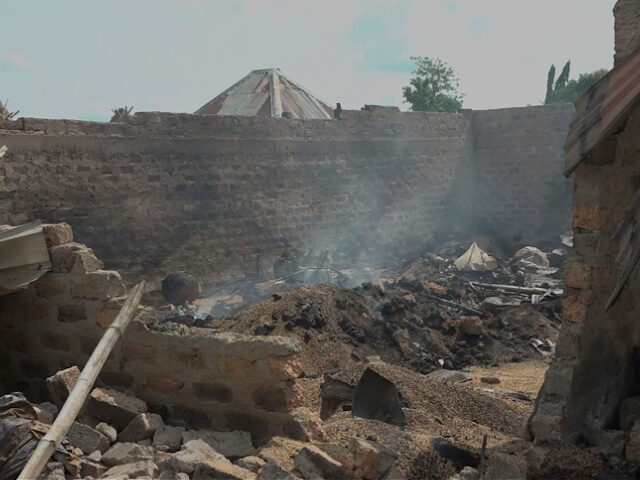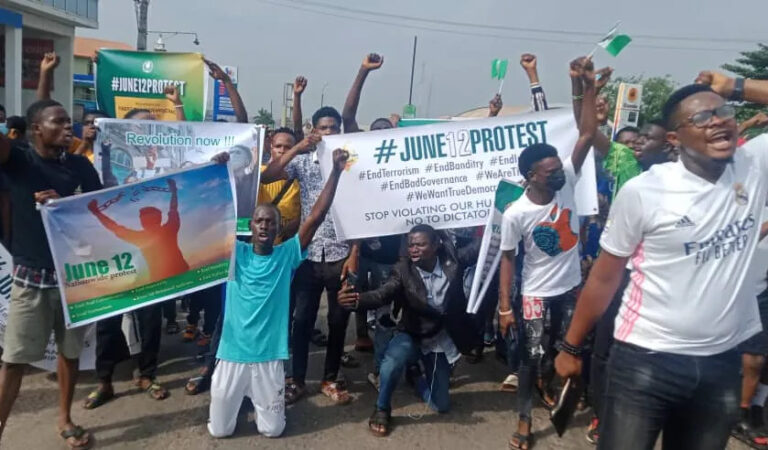The Killing Fields of Benue: Government Complicity in Plain Sight
On the evening of Friday, June 13, 2025, the blood of ordinary Nigerians once again soaked the
earth of Benue State. Dozens of innocent lives were lost in yet another spate of senseless killings
that have come to define the grim reality of communities in Nigeria’s Middle Belt. The
perpetrators, believed to be armed herders and militia groups, unleashed terror on defenceless men,
women, and children, burning them alive in their homes in coordinated, gruesome attacks. As the
nation mourns, we are forced to confront an uncomfortable and painful truth: the Nigerian
government has become complicit in its silence, absent in its duty, and indifferent in the face of
repeated tragedy.
The massacre in Benue is not an isolated incident, it is a pattern. These communities have become
theatres of violence and graveyards of broken promises. In a functioning democracy, the primary
responsibility of government is the protection of lives and property. But in Nigeria, the state
appears to have abdicated that responsibility, rendering citizens vulnerable and exposed, as armed
groups act with impunity and calculated precision.
Right to Life: A Constitutional Mockery
Section 33(1) of Nigeria’s Constitution, 1999 (as amended) guarantees the right to life. This is not
a privilege granted by the state. It is a fundamental, inalienable right. Yet, in Benue and many
parts of Nigeria, the right to life has become an illusion, a constitutional abstraction that holds no
weight for the thousands who have been killed, maimed, or displaced over the years.
What explanation and compensation can be given to the families whose loved ones were
butchered and burned alive in the very homes they built to feel safe? The government, with all its
security architecture and billions allocated for defence, continues to issue tired press statements,
promising investigations that yield no justice and deploying security forces that arrive only after
the carnage is complete.
Failure of Intelligence, Absence of Will
What has happened in Benue is not just a security failure, it is a betrayal of the Nigerian state.
Intelligence reports are routinely ignored, community warnings go unheeded, and security
deployments, when they do occur, are inadequate and ineffective. How do groups of armed killers
move freely in broad daylight, executing attacks in multiple communities without interception?
How does a nation so heavily militarised, with checkpoints dotting every kilometre of the road,
suddenly become porous when it matters most?
The answer lies in a government that has become detached from the people and desensitised to the
horror that now defines rural life. We cannot ignore the allegations of collusion, the whispers of
state-sponsored silence, and the growing belief that the lives of some Nigerians matter less than
others.
Corruption and the Commodification of Security
Nigeria spends billions annually on security. Defence budgets balloon while actual protection
deflates. It is no longer a secret that corruption within the security sector has paralysed operational
efficiency. Funds meant for weapons and welfare are siphoned into private pockets, leaving troops
ill-equipped and demoralised. Security has become business, and as long as insecurity persists, the
profits of chaos keep flowing.
Benue’s people pay the price. They are slaughtered while contractors feast. They bury their
children while leaders campaign. They live in fear while Abuja drowns in denial.
The Silence of Leadership is Violence
Perhaps the most devastating aspect of the Benue killings is the loud silence of Nigeria’s
leadership. As citizens cried out for help, as men, women, and children were shot dead, butchered,
and burned alive; their corpses piling up amidst bones and ashes, the President remained aloof,
offering no national address, no visit to the affected communities, no urgent response. It is a
silence that reeks of indifference. A silence that emboldens killers. A silence that kills.
Governance is not a social media press release. It is not a series of condolence tweets. It is not
about jetting off to international conferences while citizens perish at home. Leadership demands
presence, empathy, urgency, and action. On all counts, the Nigerian government has failed.
Accountability, Justice, and the Urgency of Action
If we are to stop the bloodshed in Benue and across Nigeria, we must demand accountability at
every level. Investigations must lead to prosecutions. Security chiefs must be held responsible for
lapses. Corrupt officials must face the law. Compensation must be paid to victims. And more
importantly, there must be a complete overhaul of the nation’s security architecture with
community-led solutions, intelligence-based strategies, and a commitment to justice.
The time has come for social movements, civil society, and communities to rise in one voice. We
must reject the normalisation of violence and push back against a government that has treated
death as mere statistics. Every life lost in Benue is a blot on our collective conscience, and every
drop of blood spilled is an indictment on the Nigerian state.
The killings must stop. The impunity must end. The people must rise.





